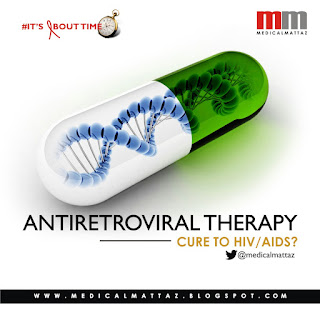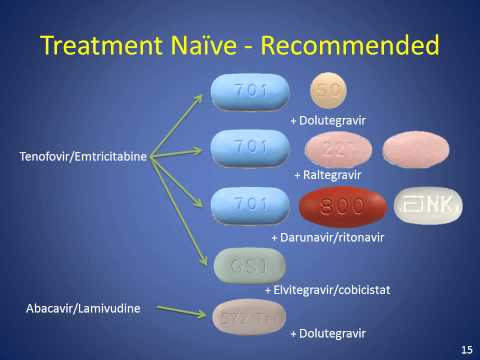
One of the big questions about HIV how to cure is where the virus hides in the body. Although the infection can be prevented with antiretroviral drugs, millions of people cannot afford the treatment. Therefore, scientists are trying to develop a vaccine or a drug that can completely wipe out the virus. This is known as a treatment-free remission, and it will eventually allow a person to stay in remission without taking the drug every day.
The HIV how to cure involves taking a combination of antiretroviral drugs. These drugs prevent HIV from replicating and kill the virus. These drugs work by blocking certain stages of the HIV life cycle, which means that the virus will eventually become undetectable and will cause little harm to the body. Before the advent of the antiretroviral medications, a 20-year-old with the disease had a life expectancy of 17 years. Today, however, this figure has increased to over 70 years, with the same number of infections affecting women.
This research was first published in 2013 and has since become a household name. The researchers are now studying the woman’s blood samples and studying her DNA. The researchers found that she had no signs of illness. The traditional tests showed that the infection was not replicating, but only antibodies indicated that she had HIV. With the help of a DNA scanner, they were able to detect the virus in her blood and scan her genome, allowing the scientists to find where the virus resides in her body.
To get an accurate diagnosis, a patient must undergo several tests, including a HIV antibody test, and a bone marrow transplant. These tests are expensive and invasive, but they are the most effective way to treat HIV. It takes time, but it is worth the wait. With a little bit of care, a person can be on their way to an HIV-free future. There is no cure for HIV, but there is no reason to give up hope.
While there is still no cure for HIV, people living with HIV are living longer than they ever thought possible. Although it is still a chronic condition, medications are the mainstay of treatment. In fact, six of the 1.2 million people living with HIV are on treatment. Of these, 57% achieve viral suppression. If you don’t take your medications regularly, you may be at a higher risk of developing some complications that aren’t worth the effort.

The most common treatment for HIV is antiretroviral drugs. These drugs block the ability of the virus to reproduce itself. These medicines also strengthen the patient’s immune system by preventing the virus from replicating. Medicines are expensive and the price depends on age and gender. But if you’re infected with the virus, it’s best to get tested right away. On the site saludremediosar.com
you can find different ways to treat HIV and keep it undetected.
Although there is currently no cure for HIV, an effective remedy can be found. In the past, scientists have been unable to detect the virus in a woman who has had the disease. She was called "Esperanza’s Patient" for privacy reasons. She was cured of HIV with a bone marrow transplant, but no signs of infection were found until she was diagnosed.
Several drugs are available to treat HIV. These drugs block the HIV virus at various stages of its life cycle. When this happens, the virus population will drop to an undetectable level. This, in turn, will render the virus inactive and cause little harm. The life expectancy of an HIV-infected person is 70 years, compared with 17 years before 1996. If the treatment is successful, the person can live a normal life and not be afraid of getting AIDS.
HIV vaccines are a necessary part of HIV prevention. In the early stages, the virus can infect human cells in the body, and the vaccine is designed to kill the affected cells. Similarly, the toxin will attack the cell membrane of an infected person. Thus, the toxin will kill the virus and the infection will be eliminated.